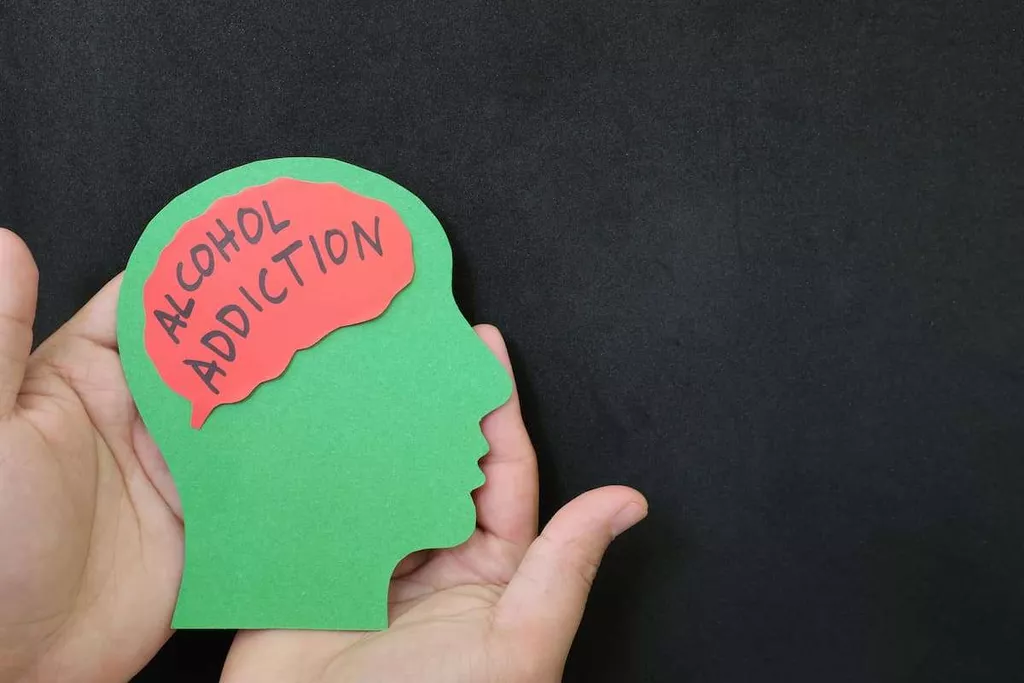
As ketamine’s use in medicine continues to expand, ongoing research is crucial to fully understand its long-term effects and optimize its safety profile. Future studies will likely focus on refining dosing protocols, exploring potential neuroprotective strategies, and investigating the mechanisms behind its various effects on the body and mind. Bladder and urinary tract issues have been reported in some long-term ketamine users. These problems can range from increased urinary frequency to more severe conditions like ulcerative cystitis.

What Patients Need to Know About Ketamine
BDNF encourages the growth of new synapses (connections between neurons) and helps repair neuronal pathways. This effect is prominent in brain regions like the prefrontal cortex, which is involved in mood regulation. This mechanism contrasts with traditional antidepressants, like SSRIs, which act on the serotonin system and take several weeks to produce a therapeutic effect. When glutamate signals are interrupted, the brain’s ability to integrate sensory inputs with its internal sense of self becomes fragmented. Individuals may experience a distorted sense of time, where moments feel stretched or compressed, and their perception of space can also be altered.
Health Conditions
- Studies have found chronic ketamine abuse could lead to brain damage and result in cognitive impairment.
- Your doctor will monitor your blood, heart function, blood pressure, and breathing after receiving this medicine.
- Impairment that occurs from ketamine use can lead to injury, delusions, anxiety, lack of coordination and even death.
- Its ability to induce a trance-like state while providing pain relief made it a valuable tool in emergency rooms and operating theaters.
- Ketamine represents a paradigm shift in treating mental health and chronic pain conditions.
It’s important for practitioners, clinicians, and clients working with this medicine to be informed of these potential side effects, and their frequency and severity. This helps to make informed decisions about moving forward with ketamine treatment and psychedelic therapy programs. There are potential short- and long-term negative health effects related to ketamine Sobriety use.
Ketamine Addiction Treatment at Avenues Recovery
- Accordingly, NC rats exhibited increased strength for all regions of this circuit.
- Hallucinogens, also known as psychedelic drugs, affect all the senses and cause hallucinations.
- These problems can range from increased urinary frequency to more severe conditions like ulcerative cystitis.
- Perry’s case is a tragic example of why it’s not a good idea for doctors to prescribe, or patients to take, ketamine at home—a practice that my colleagues and I have warned against.
- Now, you might be thinking, “Geez, with all these potential side effects, is ketamine therapy even safe?
Learn more about the risks of combining ketamine with other substances in our article on polysubstance abuse. Ketamine is a dissociative drug that distorts sensory perception, creating a sense of detachment from oneself and the environment. Originally developed for medical use as an anesthetic in both humans and animals, ketamine has become a popular substance of misuse, particularly in party settings and among younger populations.

- Once physical dependence sets in, users start to experience withdrawal symptoms in response to increasing tolerance levels and weakening brain cell functions.
- At Wellness Retreat Recovery, we believe in treating not just the addiction but the whole person, addressing the physical, emotional, and spiritual aspects of recovery.
- However, this article will address the adverse side effects possible from consuming ketamine.
- Long-term side effects are extremely uncommon with occasional doses, but can become severe with repetitive use.
These effects usually clear up within a few weeks of ceasing ketamine consumption, but can remain persistent for years in serious cases. Despite these promising applications, the rising use of ketamine has also brought increased scrutiny of its side effects and potential risks. As with any powerful medication, understanding these effects is crucial for both healthcare providers and patients. Ketamine is a medication used for a variety of purposes including anesthesia during surgery, pain relief (analgesia), and treatment of mental health concerns, meaning it has the ability to act on multiple areas of the body. As research continues, our ketamine short term effects understanding of ketamine’s long-term effects and optimal use in treating depression will undoubtedly evolve.
- This experience stems from the temporary interruption of the brain’s communication network, changing how reality is perceived.
- If you have used ketamine and you’re feeling unwell or notice someone else is unwell whilst using, after using or after stopping using ketamine, then seek medical attention urgently.
- By staying informed, asking questions, and prioritizing safety, we can navigate the complex landscape of ketamine therapy and potentially unlock new pathways to healing and well-being.
- Ketamine is FDA-approved as a general anesthetic to be used as the sole anesthetic agent for diagnostic and surgical procedures that do not require skeletal muscle relaxation.

Though less common, ketamine can also induce hallucinations, seeing or hearing things that aren’t there. Ketamine interacts with proteins in the brain’s “vomiting center” and in the gastrointestinal tract, which can lead to stomach pains, nausea, and vomiting. Graphs consisted of Pearson correlation coefficients between time courses of 43 bilateral regions covering the whole brain26 and defined by Schwarz atlas32 (Fig. S3, Table S1). Edge weights of each subject and measurement were normalized, i.e. divided by their maximum correlation value within correlation matrices.

The Immediate Impact of Ketamine Use
The short- and long-term consequences of ketamine addiction can have a profound impact on your health, relationships, and quality of life, but recovery is possible with the right support. If you or someone you know is experiencing these long-term effects, seeking professional help is essential to prevent further harm. At DeNovo Recovery, we offer programs that address both the physical and mental health impacts of ketamine misuse, helping individuals recover from the lasting effects of addiction.
